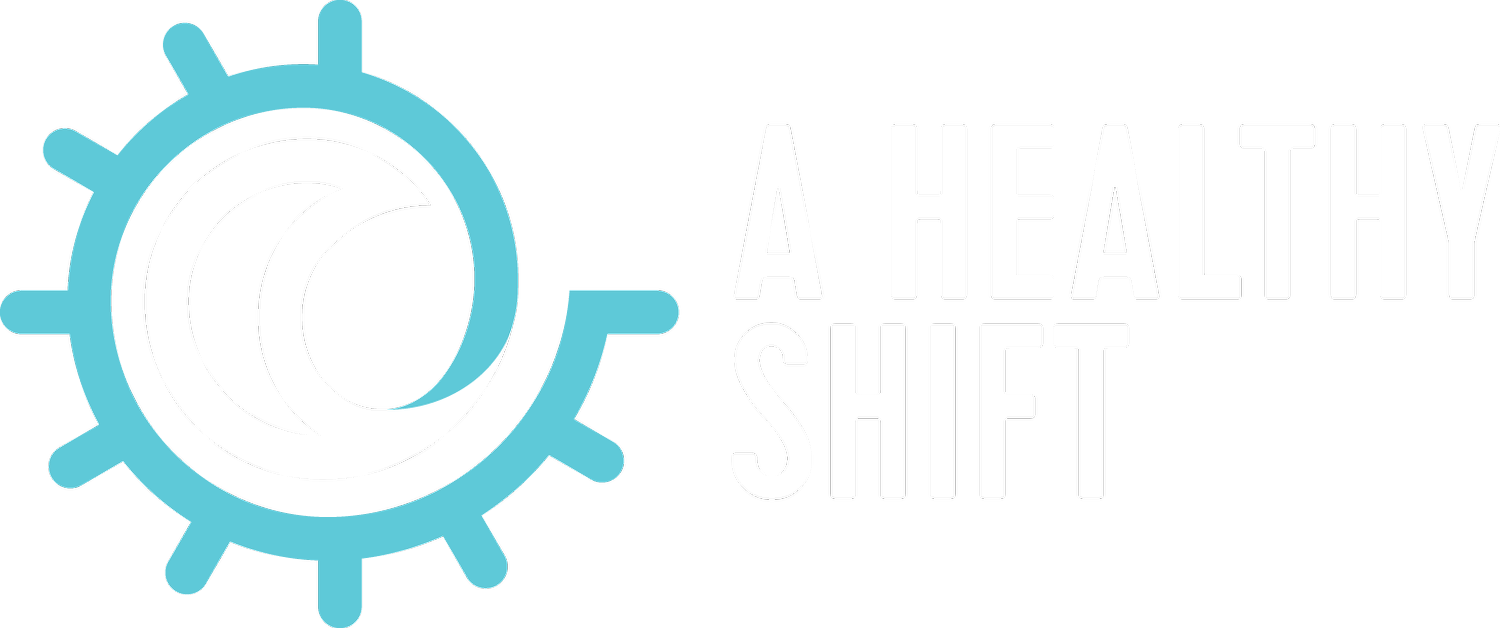Addressing a serious dilemma: Night shift and breast cancer
The risk we’re not talking about enough
Introduction:
In today’s society, the rise of 24/7 living has brought with it a significant increase in night shift work. While it offers convenience and flexibility, this lifestyle choice comes with a hidden cost that has piqued the interest of medical professionals and researchers alike: night shift and breast cancer. Or more specifically, the potential link between night shift work and a higher risk of breast cancer.
There is an intricate relationship between night shift work and breast cancer. And this has prompted us to draw upon a peer reviewed research paper conducted by Arbaab Khan, Jaanam Altaf Khan, and Mutarba Altaf Khan. The goal of this research is to determine whether there is a link between night shift and breast cancer and if female workers are at an increased risk.
Methods:
To address this critical health concern, the researchers conducted a detailed review and analysis, pooling data from studies worldwide. Five key articles were reviewed to assess the association between night shift work and breast cancer risk.
Article 1 - A large-scale study with data from Australia, Canada, France, Germany, and Spain, found a significant odds ratio for breast cancer in pre-menopausal women who worked night shifts for extended durations and high intensity. [1]
Article 2 - Conducted a case-control study in the Lodz region, revealing that night shift work was the third most important factor regarding breast cancer, indicating a 161% higher risk for women working night shifts. [2]
Article 3 - A large population-based case-control study in France, showed increased odds ratios in women who worked overnight shifts, worked for extended durations, and those employed in night work before their first full-term pregnancy. [3]
Article 4 - A nested case-control study among women in the Danish military, observed an increased risk for breast cancer with the cumulative exposure to night shift work, particularly intense night shifts, with the most pronounced effect in women with morning chronotype preference. [4]
Article 5 - Analyzed the Nurses' Health Study, indicating a moderate increase in breast cancer risk among women who worked rotating night shifts, with a significant risk for those working 30 or more years on night shifts. [5]
Key results:
The findings across these articles consistently point towards an increased risk of breast cancer associated with night shift work. Pre-menopausal women, especially those with high intensity and long duration of exposure, seem to be at a higher risk. The risk was also noted to be more pronounced for estrogen receptor-positive (ER+) tumours.
Could melatonin play a role?
The circadian rhythm, often referred to as the body's internal clock, is a critical player in these findings. It regulates a number of physiological processes, including hormone production, DNA repair mechanisms, immune function and metabolism. Disruptions to the circadian rhythm (a common consequence of night shift work) may contribute to an elevated risk of breast cancer.
The reviewed literature highlights the importance of recognizing the association between working night shift and breast cancer. Melatonin supplementation emerges as a promising avenue to mitigate this risk. A randomized controlled trial conducted by Brown et al.[6] found that melatonin supplementation significantly reduced the risk of breast cancer among night shift workers.
Participants included female nurses working rotating night shifts. In the study, half of the participants received melatonin supplements, while the other half received a placebo. The study found that melatonin supplementation significantly reduced the risk of breast cancer among night shift workers. Women taking melatonin had a 20% lower risk compared to those on the placebo. Melatonin was suggested to help regulate circadian rhythms and reduce the negative effects of circadian disruption caused by night shift work.
Final thoughts on night shift and breast cancer
These studies highlight something very important: the intricate connections between circadian rhythms and breast cancer development means we need more effective prevention and treatment strategies.
Here’s the takeaway:
Disruptions to the internal clock, whether from night shift work or other factors, may increase the risk of breast cancer
We should be advocating for strategies like melatonin supplementation to reduce risk for female shift workers
Further research is important so we can better understand the involved mechanisms and develop interventions that safeguarding night shift workers from breast cancer.
Ultimately, recognising the link between night shift and breast cancer is critical for public health, fostering improvements in occupational guidelines, supporting night shift workers, and contributing to the reduction of breast cancer incidence in vulnerable populations.
How this impacts night shift workers around the world
At A Healthy Shift, we’re always learning and evolving so we can better understand the night shift dilemma. And having a coach that understands the ins and outs of shift work (Roger, has worked nearly four decades in 24/7 shift work) means you can access evidence-based, holistic support to:
· Improve your work life
· Balance night shift with your home and social life
· Minimise the risk associated with night shift and breast cancer.
Learn more about A Healthy Shift’s personalised coaching so we can pave the way to a healthier, more informed future for your own health's sake.
Note:
I also run Nutrition, Health & Wellbeing Seminars for shift working environments. Find out more HERE
REFERENCES
1. Cordina-Duverger, E., Menegaux, F., Popa, A. et al. Night shift work and breast cancer: a pooled analysis of population-based case–control studies with complete work history. Eur J Epidemiol 33, 369–379 (2018). https://doi.org/10.1007/s10654-018-0368-x
2. Szkiela M, Kusideł E, Makowiec-Dąbrowska T, Kaleta D. How the Intensity of Night Shift Work Affects Breast Cancer Risk. Int J Environ Res Public Health. 2021 Apr 26;18(9):4570. doi: 10.3390/ijerph18094570. PMID: 33925799; PMCID: PMC8123502.
3. Menegaux F, Truong T, Anger A, Cordina-Duverger E, Lamkarkach F, Arveux P, Kerbrat P, Févotte J, Guénel P. Night work and breast cancer: a population-based case-control study in France (the CECILE study). Int J Cancer. 2013 Feb 15;132(4):924-31. doi: 10.1002/ijc.27669. Epub 2012 Jun 26. PMID: 22689255.
4. Hansen J, Lassen CF. Nested case-control study of night shift work and breast cancer risk among women in the Danish military. Occup Environ Med. 2012 Aug;69(8):551-6. doi: 10.1136/oemed2011-100240. Epub 2012 May 29. PMID: 22645325.
5. Schernhammer ES, Laden F, Speizer FE, Willett WC, Hunter DJ, Kawachi I, Colditz GA. Rotating night shifts and risk of breast cancer in women participating in the nurses' health study. J Natl Cancer Inst. 2001 Oct 17;93(20):1563-8. doi: 10.1093/jnci/93.20.1563. PMID: 11604480.
6. Susan B. Brown, Susan E. Hankinson, A. Heather Eliassen, Katherine W. Reeves, Jing Qian, Kathleen F. Arcaro, Lani R. Wegrzyn, Walter C. Willett, Eva S. Schernhammer, Urinary Melatonin Concentration and the Risk of Breast Cancer in Nurses' Health Study II, American Journal of Epidemiology, Volume 181, Issue 3, 1 February 2015, Pages 155–162, https://doi.org/10.1093/aje/kwu261


